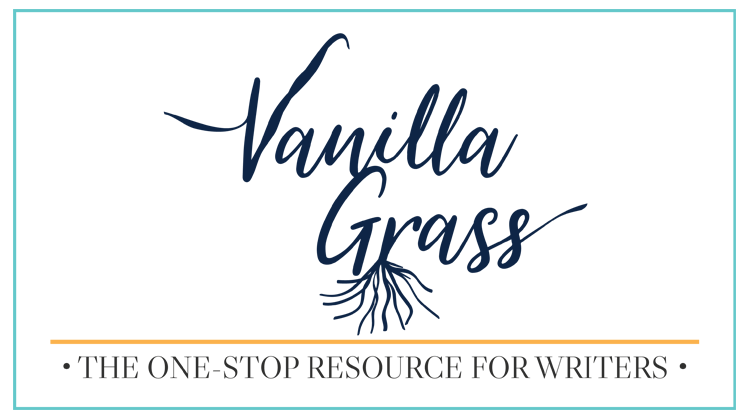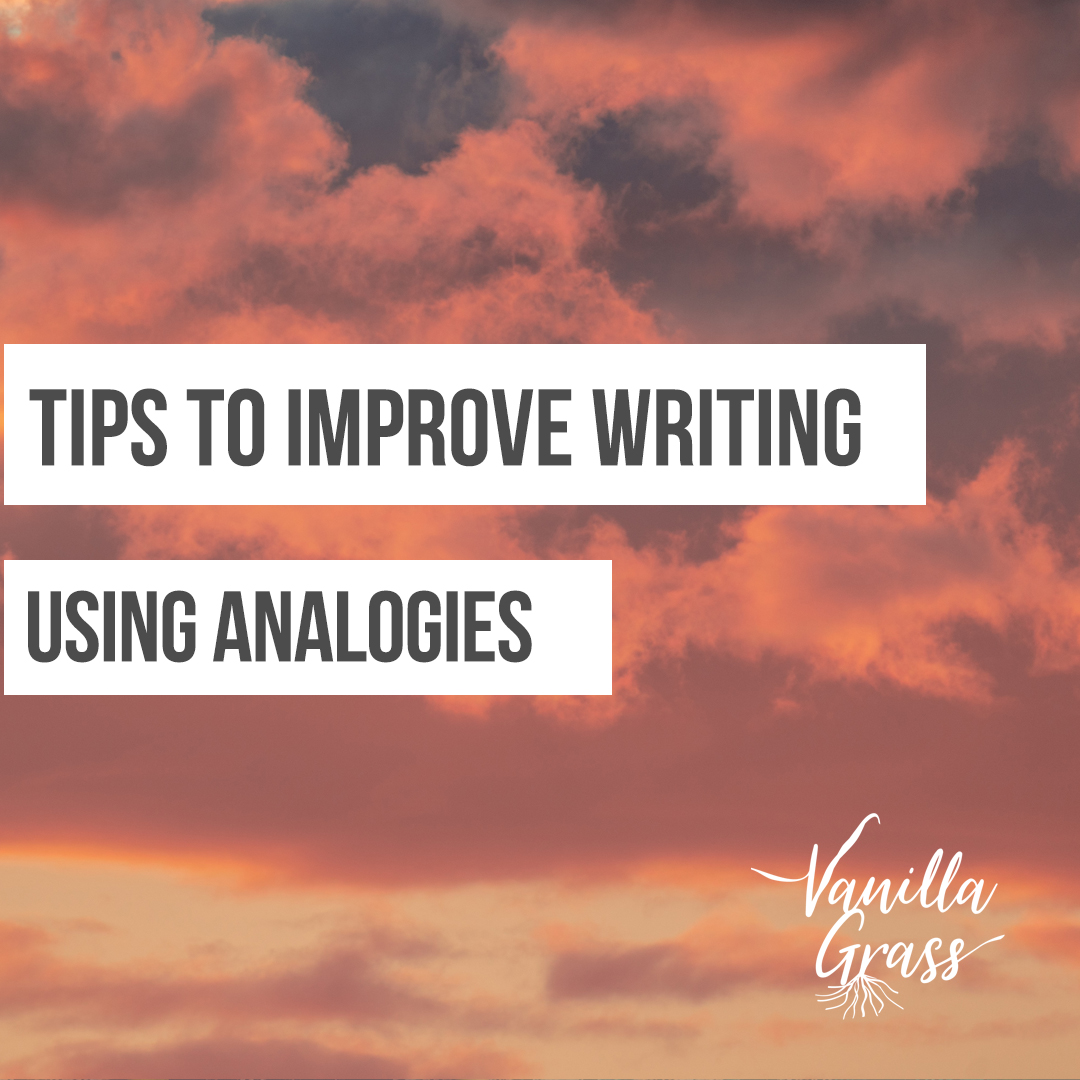We’ve all read a story that just feels right. You start scanning the words and something about them flows so well that you feel weightless, perfectly comfortable like you’re floating on a cloud. (If you’ve never felt this, pick up a Shannon Hale novel like Princess Academy, Goose Girl, or Book of a Thousand Days – or find a masterful author in your preferred genre). Today, we’re going to let you in on a little secret that will help you create the same effect with Tips to Improve Writing (#9 – Make Analogies Relevant)
What is an analogy?
Whenever you compare one object, person, feeling, or situation with another, you’ve created an analogy.
Consider the following examples:

- He lied as smooth as softened butter.
- The financial mess she left was worse than the Exxon Valdez oil spill.
- He had hair like a porcupine.
Got it?
Using the comparison words as, than, and like usually create an analogy.
When analogies make writing worse
Analogies, when used improperly, can disastrously ruin writing. Here are some common mistakes I’ve seen:
- Using too many. Some writers use analogies as a crutch, not trusting themselves to describe their settings, characters, or feelings accurately. It’s okay to use them, but make sure they’re thrown in when some emphasis is needed or when an analogy makes the writing flow.
- Not using any at all. I can’t count how many times I’ve beta read excessive descriptions that needed a quick analogy to bring us back to action. Heck, I’ve written them myself. Don’t be afraid of using analogies. Use them to your advantage.

- Using analogies that don’t relate to the story. Why is there a picture of the moon above? No reason other than it was the first thing that popped into my head. That’s not what your reader wants when they invest hours into your work. Remember the title above, “Make Analogies Relevant?” Analogies need to relate to your story if you want your readers to have that floating on a cloud feeling. How do you do it?
Make analogies relevant
Consider our examples above.
- He lied as smooth as softened butter.
Anyone can understand that the character is a pro-liar from this statement, but if you use this analogy in a psychological thriller based in a white-collar office, it’ll fall flat.
However, if your main character is a baker who talks about food all the time, this analogy will flow with your story. It will enrich your story like an extra swipe of butter would to the top of your freshly baked roll. It might elicit a smile from your reader because they recognize that relevant analogies are like icing on the cake (see how I added another analogy based on the food we’re discussing?)
Let’s consider another.
- The financial mess she left was worse than the Exxon Valdez oil spill.
If this analogy is used in a middle grade fairy story set in a rainforest without any mention of the ocean, forget it. The reader will get pulled out of the story, wondering why the author added such a specific, random reference.
I read a book like that once. It was actually from a New York Time’s best-selling author. She used analogies that had nothing to do with the story so I kept waiting, watching for how she’d incorporate them back in. She never did. I finished the book feeling that empty pit of unresolved expectations.
Don’t do that to your reader.
- He had hair like a porcupine.
You can get away with this example in probably any book because we all know what a porcupine is. But again, the reader will have more satisfaction if a character is into animals, especially forest animals.
So, to recap. Don’t use too many analogies. Make sure you use some. And when you do, make them relevant so your reader keeps flipping pages.
I hope you’ve enjoyed Tips to Improve Writing (#9 – Make Analogies Relevant). Make sure you check out our other tips in the series below!
- Writing Tip #1: Punctuation Abuse
- Writing Tip #2: When to Use Adverbs
- Writing Tip #3: Use Dialogue Tags Appropriately
- Writing Tip #4: Avoid Repetitive Words
- Writing Tip #5: Add Variety to Sentence Beginnings
- Writing Tip #6: Don’t Start With Dialogue
- Writing Tip #7: Tighten Sentences
- Writing Tip #8: Watch Your Adjectives




